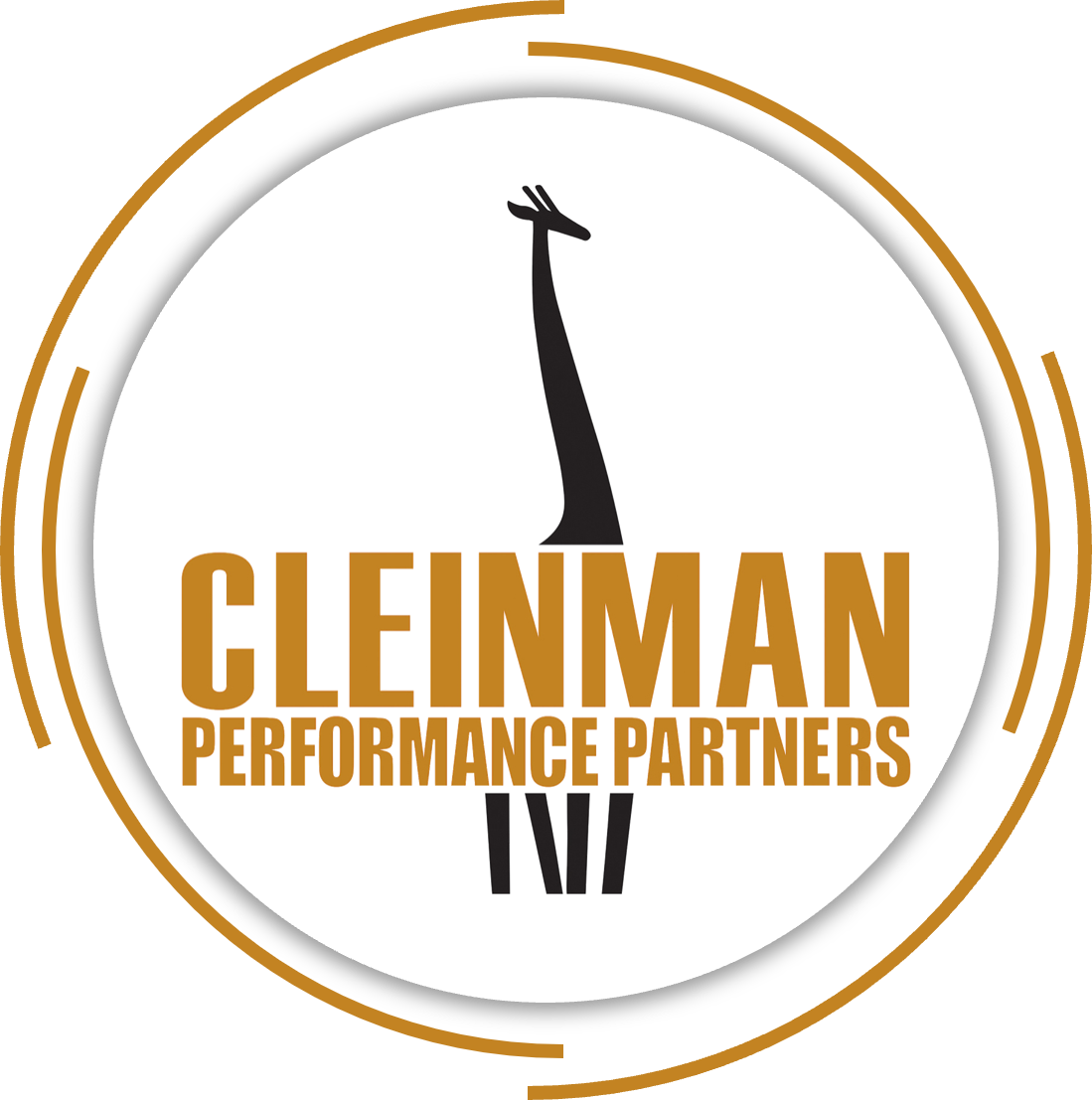Decisions in Warp Speed July 5, 2022
Throughout your day, you make a multitude of decisions. Whether it’s diagnosing on behalf of a patient, deciding which payroll company to use, finalizing a purchase from a vendor, choosing your meal off a menu, or even hiring or firing, your decisions are many. For some, making decisions can be as daunting task…overwhelming! The process you use may well be one of your biggest success secrets…or barriers.
Read More…How do you make decisions? Do you require gobs of data and information? Do you ponder decisions over an extended period? And, even after making one, do you question yourself? Are you someone that looks at the menu and rapidly decides on your meal or are you frequently asking the waiter for more time to decide? How you order at a restaurant may well be an indicator of your personal decision-making process.
In his landmark bestseller, Blink, award-winning author Malcolm Gladwell revolutionized the way we understand the world within our mind. Gladwell taught us about how we think without thinking; about the means and methodologies of how we make choices. Why are some people brilliant decision makers, while others consistently struggle? Why do some people follow their instincts and win, while others end up stumbling into error? How do our brains really work? And why are the best decisions often those that are impossible to explain to others?
After over 50 years in business, I think I’ve learned a thing or two about decision-making. I pride myself in making most of my decisions quickly. I’ve learned to use a process that makes my decision-making efficient and effective. I generally go with my instincts, knowing that my years of experience has taught me that my gut…which is the sum of all that’s ever happened to me…is the best guide. Further, I also know that most decisions aren’t life and death…that a blunder here or there isn’t necessarily a bad thing. Indeed, the saying “there’s no such thing as failure, you either succeed or learn” is a universal truth.
My decision-making process is simple but has taken many years to formulate and understand. I share it with you as a series of steps.
- Know who you are and what you value. All your decisions should be tested against your value-system. Start by writing your values down. Over time, your value system should be completely ingrained in your psyche.
- Frame the decision clearly. What are you REALLY trying to accomplish? Will your decision deliver or help to deliver on your objective?
- Decide if you really need to decide? Is this really your decision to make? Or should your decision be who is going to make the decision? Delegating decisions to your team is key to developing their leadership skills.
- Make sure you have the data? What do you need to know to make your decision? What information or statistics will affect your outcome? What information is tangential or a distraction?
- Make it. Go with your gut.
Malcolm Gladwell reveals that great decision makers aren’t those who process the most information or spend the most time deliberating, but those who have perfected the art of “thin-slicing”-filtering the very few factors that matter from an overwhelming number of variables. When you build your decision-making process on a clear set of values, you have the foundation to make good and lasting decisions.
But, no one makes perfect decisions. The facts on which you base your decision can change with more knowledge. So, there’s another element of the decision-making process that is mission-critical to success and that’s your ability, and willingness, to make mid-course corrections or even abandon the project completely. As you move forward with your decisions, leave an open mind to making changes as you learn more.
Want to improve your outcomes…improve your decision-making process?
For further help in this area, I encourage you to secure and read several great books. Malcolm Gladwell’s Blink is at the top of the list, followed by Dennis Bakke’s The Decision-Maker and Stephen M.R. Covey’s The Speed of Trust. And, of course, my own contribution, A Different Perspective; an Entrepreneur’s Observations on Optometry, Business and Life will frame business issues directly as they relate to the profession.
So, if you want to make your decision-making life easier, decide first how you will make decisions…that’s more important than the decisions you make.
